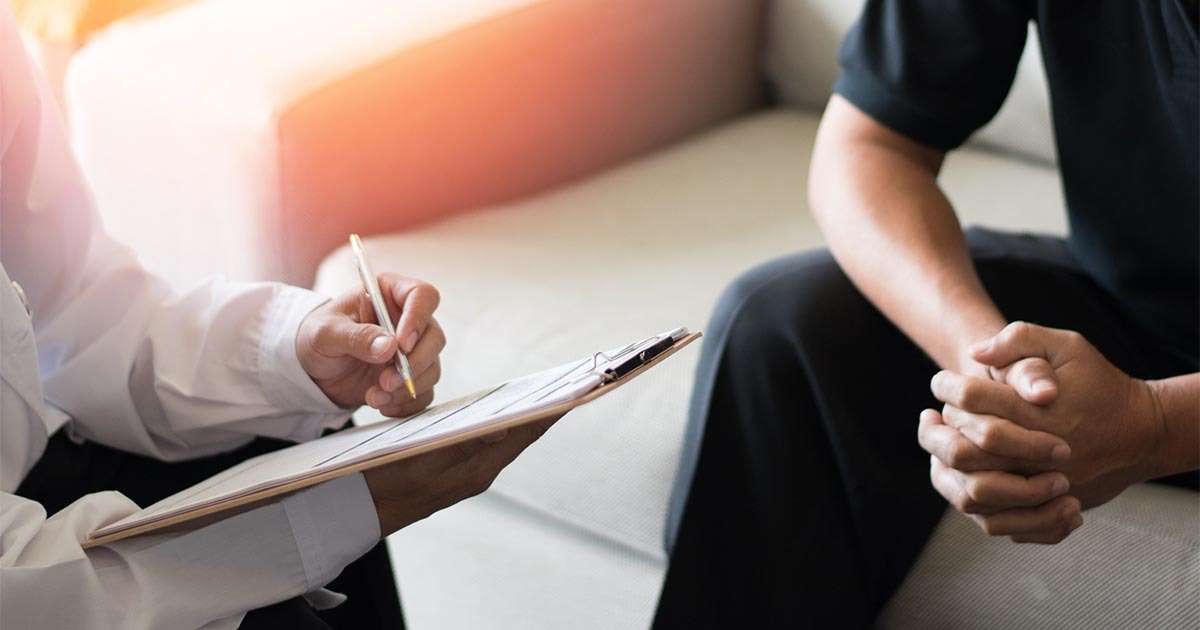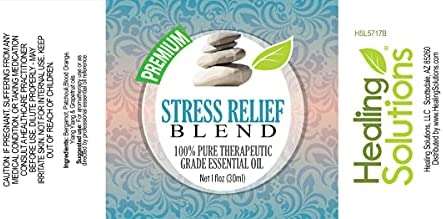Your mental health is as important as your physical health. When you need extra support, counselling is one of the most effective treatments but it can be a challenge to access. If you’re looking for a therapist, here’s our guide to help you navigate the system.
Covid-19 update: During the pandemic, some health services are offering remote counselling via phone or video. Contact your health service provider to find what it offers.
If you or someone else is at immediate risk of hurting themselves, you can also call emergency services by dialling 111 and asking to speak to the police.
If you or someone you know is considering suicide, specialist counsellors are available by calling the Suicide Crisis helpline on 0508 TAUTOKO (828 865) . It’s open 24/7.
Consider one of the phone services (see a full list ). To speak to a trained counsellor, call or text 1737 (or 0800 1737 1737 ). The free (and anonymous) Need To Talk service is available 24 hours a day, seven days a week. The counsellors will work with you to develop a plan and can refer you to help in your area.
Will I have to pay for counselling?
Government-funded mental health services are available, though you may need to complete paperwork or get a referral from a doctor. You might also be able to access free or affordable care through your work or a local charity.
Mental Health Foundation chief executive Shaun Robinson said people seeking help could ask a friend or family member to assist them make calls and navigate the options. Here are the routes you can take:
GP referral
The public health system offers fully funded mental health care. Depending on how your needs are assessed, you might be offered an extended GP or nurse appointment, a brief intervention (a few sessions provided by a nurse, social worker or therapist) or longer term individual and group therapy. The availability of care varies from DHB to DHB. Often, you won’t get much say over who you see or for how long.
 Government-funded mental health services are available – though you may need a referral from a doctor.
Government-funded mental health services are available – though you may need a referral from a doctor.
To go down this path, you’ll need a referral from your GP. Even if you can afford private therapy, the Royal New Zealand College of GPs medical director Bryan Betty said your family doctor should be your first port of call when you need help.
“GPs are very experienced in the field of mental health. Your GP will be across what services are available in your area. The relationship and trust you have with your GP, as your lifelong doctor, is really important,” he said.
If you don’t have a regular doctor, find your nearest medical practice online and give it a ring. Even if it’s not accepting patients, you’ll be pointed in the right direction.
Employee assistance programmes
Many larger workplaces have signed up for employee assistance programmes offered by independent providers, such as EAP Services, Raise, Clearhead or Workplace Support. A key benefit is free and confidential counselling sessions. You don’t need the problem to be work-related to qualify.
It’s worth checking if your employer is signed up to a service – there may be a link on your workplace’s intranet or information in your induction documents. The number of funded sessions is likely to be limited. You can contact the service directly to book an appointment.
ACC claims
If you need counselling after experiencing sexual violence, ACC will fund 14 hours of one-on-one therapy. However, you’ll need to book an appointment with a therapist registered with the agency – there’s a list at findsupport.co.nz – and demand in some areas can result in some claimants waiting months.
Once you’ve met, the therapist will submit a form to ACC, so the agency will cover the cost (even for the appointments you’ve already had). If you’re assessed as requiring longer-term care, ACC will continue to fund counselling sessions and provide other support.
If you’ve made an ACC claim for a physical injury that’s affecting your mental wellbeing, the agency might refer you to a therapist and fund 10 counselling sessions (or more if needed).
Work and Income support
Those with a long-term condition, such as depression or stress, can apply for the Disability Allowance. The $70.04 weekly payment can be put towards 10 counselling sessions (more if deemed necessary). However, your household income needs to be under certain thresholds. For example, couples are required to earn less than $56,812.60 annually to qualify.
You’ll need to complete a form – with sections filled out by your GP and counsellor – and make an appointment with Work and Income (unless you already receive payments from the agency) first. Work and Income won’t retroactively cover counselling sessions. To apply, visit workandincome.govt.nz.
Health insurance claims
Some health insurers will pay for certain mental health services under their basic insurance policies. For example, Southern Cross will pay up to $3500 for specialist hospital care and $750 for psychiatric consultations. UniMed offers up to $5000 for specialist hospital care.
Day-to-day counselling is typically only available if you have a premium plan – such as Southern Cross’ UltraCare – or buy an add-on package, such as Nib’s EveryDay Cover.
If the issue relates to a surgical or cancer claim, some plans chip in for counselling.
Charity, iwi and youth services
Non-profit groups may offer free or low-cost counselling services in your area. These range from major nationwide charities, including Presbyterian Support and Asian Family Services, to local groups, such as women’s refuges.
 Some counselling services offer free or low-cost care for youth.
Some counselling services offer free or low-cost care for youth.
Some counselling services offer free or low-cost care for youth. Often these are small non-profits operating in one town (such as 298 Youth Health in Christchurch or YOSS in Palmerston North), though Youthline has counselling centres in several cities.
Your GP or local Citizen’s Advice Bureau can point you towards this type of service in your region. The Citizen’s Advice Bureau Community Directory and the Family Services Directory both have searchable databases to help you find free or low-cost counsellors.
If you need specialist addiction support, the Alcohol Drug Helpline has a directory on its website.
Kaupapa Māori services often provide mental health and addiction support. Your local iwi will be able to point you in the right direction.
University students (excluding international students at some institutes) can access free support services on campus.
Helplines
Some national hotlines offer face-to-face or e-counselling services, which may be free or subsidised. Lifeline, which also runs the Suicide Crisis hotline, provides online and in-person counselling out of its Auckland centre.
Youthline counsellors are available for face-to-face, Skype and web chat sessions. 0800 What’s Up is a free counselling helpline and webchat service for children and teenagers.
The 1737 hotline is for anyone feeling stressed, anxious, depressed or in need of advice – you don’t need to be at a crisis point to call.
Self-funded care
If you prefer to go direct, you can find a counsellor in the phone book or by searching online.
The New Zealand Association of Counsellors (NZAC) has a list of accredited counsellors on its website. Clearhead and Talking Works also have directories of professionals, and most have a detailed profile where you can learn about their qualifications, experience, fees and approach.
NZAC president Christine Macfarlane said many counsellors offer new clients a free phone chat, to get a feel for each other and the style of talk therapy.
When we surveyed private providers last year, we found the cost per session was on average $125 in Auckland, $132 in Wellington and $135 in Christchurch.
Psychologists (who undergo postgraduate training) typically had higher fees, ranging from $150 to $200 per session.
Even if you find the perfect fit right away, it’s worth seeing your GP if your mood is the issue – for example, you feel depressed or anxious. It’s important for them to be aware of this.
There are several different types of therapists out there and each takes a unique approach. If you’re struggling to find one on your own then try enlisting the help of a mate.
1. Counsellor
A well-trained counsellor will facilitate change through listening and helping you see what’s happening to you. Counsellors are generally less focused on giving advice than some therapists.
They do not have to be registered with government, so ensure that any counsellor you are considering is registered with an association that is monitoring their competence. The largest association is the New Zealand Association of Counsellors (NZAC) – you can check if someone is a Member of NZAC online at: https://www.nzac.org.nz/.org.nz
2. Psychotherapist
Psychotherapists provide an opportunity to understand who you are and how to make sense of your experiences and relationships to others. They generally seek to understand the effect of early trauma and relationships. This approach can take time, but it can be worth it to heal deep wounds from your past.
They must be registered by the government through The Psychotherapists Board of Aotearoa New Zealand: www.pbanz.org.nz




